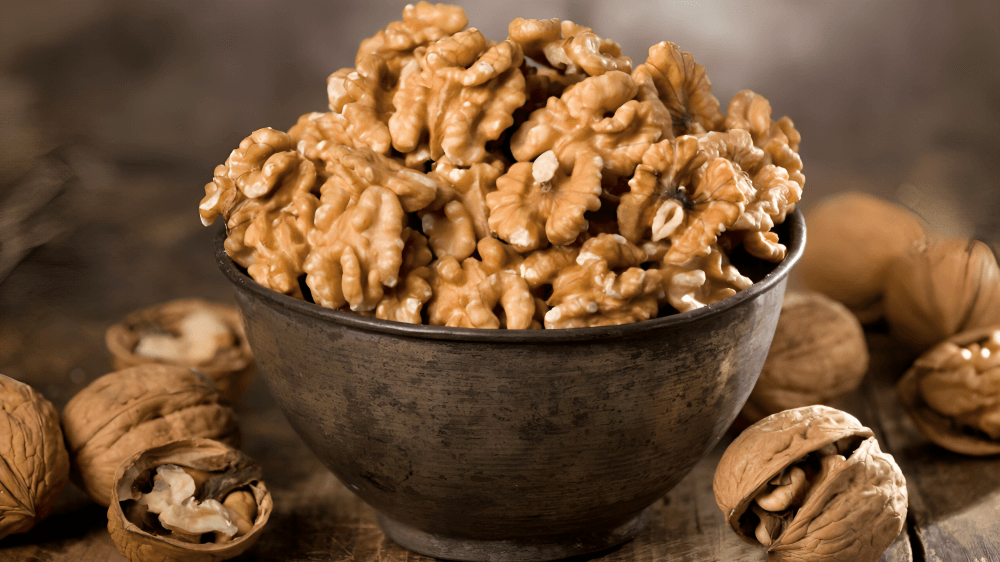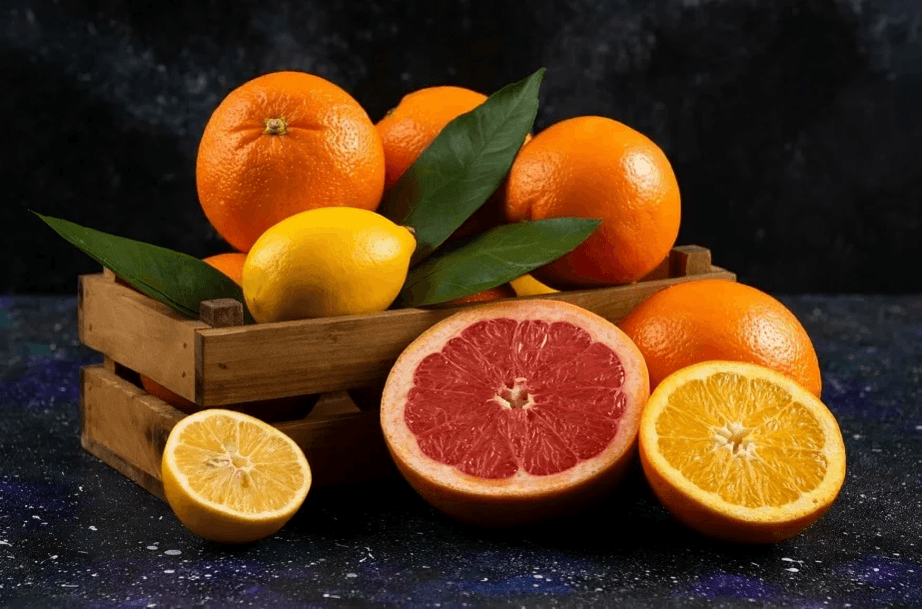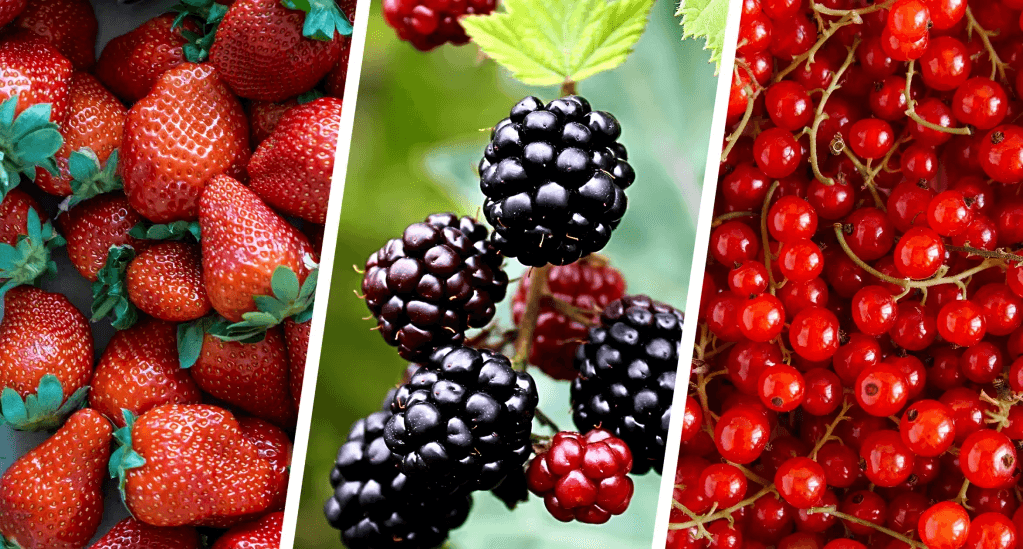
“
Eating the right foods can make a remarkable difference in your mental clarity, memory, and emotional balance. Brain-boosting foods and nutrition combine essential nutrients, antioxidants, and healthy fats to improve brain function, protect neurons, and fight mental fatigue. 1
1
”
Blueberries have anthocyanins that cross the blood-brain barrier, reduce inflammation, and boost memory by protecting neurons and improving brain communication.1
Fatty fish like salmon, sardines, and mackerel are rich in omega-3s (DHA and EPA), which support brain cell membranes and lower risks of cognitive disorders like depression and Alzheimer’s. 2

Walnuts, shaped like brains, are high in alpha-linolenic acid, a plant-based omega-3. Eating a handful daily may boost memory, learning, and overall brain function in adults and seniors.
Leafy greens like spinach, kale, and Swiss chard are rich in folate, vitamin K, and beta-carotene. These nutrients help slow cognitive decline and boost memory and verbal fluency in older adults. 3
Pumpkin seeds contain magnesium, zinc, iron, and copper—key minerals for brain function. A small daily handful can sharpen thinking, reduce brain fog, and support mental clarity and quicker reactions. 4
Dark chocolate with at least 70% cacao offers flavonoids and caffeine that enhance blood flow to the brain, improving mood, focus, and reaction time and reducing mental fatigue. 5
Coffee contains antioxidants and caffeine that lift mood and sharpen alertness. Moderate coffee intake is linked to lower risks of Alzheimer’s and Parkinson’s disease. 6
Broccoli provides antioxidants and vitamin K, which support cognitive function. Eating it regularly has been linked to improved memory and visual processing. 7
Green tea contains L-theanine and caffeine, a duo that relaxes the mind while boosting focus, mental clarity, and the brain’s ability to multitask. 8

Oranges and citrus fruits are packed with vitamin C, which helps protect brain cells, support neurotransmitter function, and reduce age-related cognitive decline.
Beets improve blood flow to the brain due to their high nitrate content. This enhanced circulation may help slow the progression of dementia and memory recall, especially in older adults. 9
Avocados are a rich source of monounsaturated fats that support healthy blood flow and lower blood pressure. This promotes brain health by maintaining steady oxygen delivery and protecting against stroke. 10
Whole grains like oats, brown rice, and quinoa provide a steady source of glucose. Since the brain uses glucose as its primary fuel, whole grains help maintain consistent energy levels for optimal concentration. 11
Tomatoes contain lycopene, a carotenoid antioxidant linked to protection against brain cell damage. Lycopene may slow brain aging and reduce memory-related inflammation. 12

Berries such as strawberries, blackberries, and raspberries are full of flavonoids that protect neurons and stimulate new brain connections. Long-term consumption improves both short-term memory and problem-solving skills.
Almonds provide vitamin E, which has been associated with a slower rate of cognitive decline. This nutrient protects brain cells from oxidative stress and helps maintain mental sharpness in older adults. 13
Seaweed and other iodine-rich foods are essential for thyroid function, which in turn regulates brain metabolism. A lack of iodine can lead to cognitive delays, especially in developing children. 14
Lentils and legumes are excellent sources of B vitamins, iron, and complex carbs. These nutrients fuel brain function and promote neurochemical balance and mental stamina throughout the day. 15
Doctors often recommend a Mediterranean diet for brain health. It emphasizes fish, nuts, fruits, and olive oil, which collectively reduce the risk of Alzheimer’s and improve overall memory and emotional balance. 16
Philosopher René Descartes once emphasized the mind-body connection. Today’s neuroscience echoes his view—what you eat deeply influences how you think, feel, and remember.17


